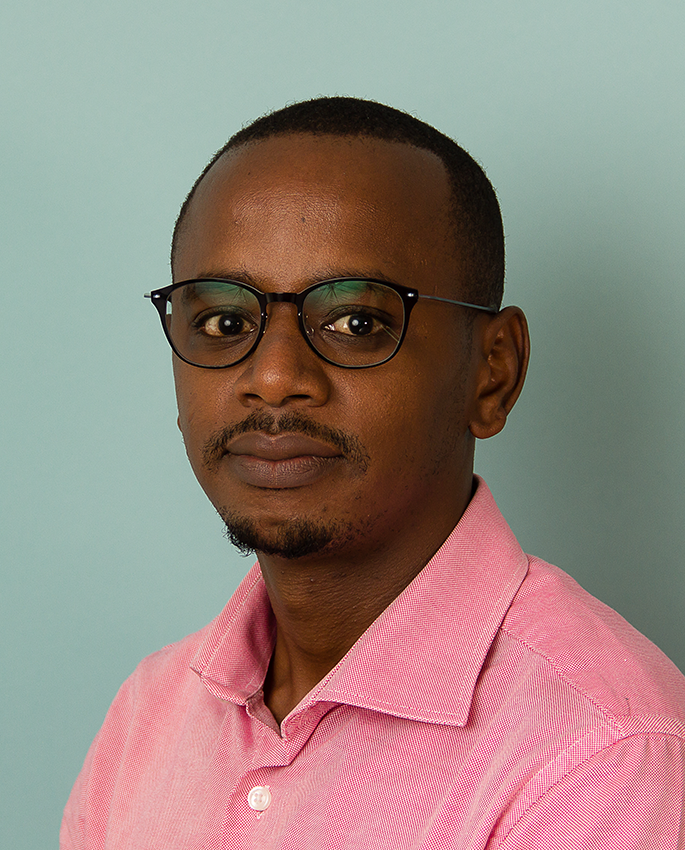Enhancing the peacebuilding role of political parties and parliament in Haiti

Significant progress has been made in democratizing politics and governance in Haiti during the past two decades. Several challenges however, including extreme poverty, wide economic inequalities, weak democratic institutions and a polarized political landscape remain. Opposition political parties and citizens often express their frustrations through protests, which regularly degenerate into violence. This polarization of politics impedes sustainable peacebuilding efforts and government effectiveness, as witnessed during 2015 political deadlock that lasted almost a year, with the country returning to a constitutional order only in February 2017.
“Haiti is back on the path to democracy…today is not the victory of one camp over other camps, but it’s the victory of democracy, it’s Haiti’s victory and that of all Haitians”, declared Jovenel Moïse, President of the Republic of Haiti in his inaugural presidential address on February 7th, 2017.
The quality and effectiveness of representative democracy largely depend on the quality of political parties. Beyond the demands for integrity, accountability and responsiveness, democratic institutions—parties and parliaments are also expected to be stronger bridges for political stability—an attribute that is extremely important in Haiti context. Clare Castillejo (2016) argues that in conflict/post-conflict contexts, ‘political parties give political expression to grievances that may otherwise be expressed through violence, and they aggregate and articulate the interests of citizens during both peace negotiations, transition processes and more broadly in post-conflict state-building’.
International IDEA places emphasis on, among other things, strengthening the capacities of political parties and parliaments to be more representative, accountable and responsive to citizens’ needs; and to peacefully manage diversity and conflict. For each political party to effectively perform its role however, it needs to first be a viable institution with democratic values, a clear vision and programme for society. At the system level, the effectiveness largely depends on whether parties advance public issues rather than personal ones and the degree to which they appreciate and practice dialogue and consensus-building across the political divide in national policy discourse and reform processes. The capacity to effectively balance healthy competition and dialogue is particularly critical in Haitian context. In practice, political parties in Haiti generally exhibit weaknesses in most—if not all the above aspects.
It is against this background that International IDEA implements programmes aimed at strengthening the organizational viability, policy-making and dialogue capacities, as well as promoting mechanisms for gender mainstreaming and inclusion by political parties in Haiti. Since 2012, the institute has convened and facilitated dialogues between political parties on a wide array of issues, from electoral legal reforms, to political party financing, to mechanisms for gender equality within political parties and national policy-making processes, to building trust and confidence between political parties and amongst them and their representatives in parliament. The objective of International IDEA’s interventions is to contribute to enhancing the role of these democratic institutions in shaping and sustaining a culture of accountability and responsiveness of public institutions and generally building a shared roadmap towards democratic consolidation and sustainable development in Haiti.
Some of the knowledge resources and tools used to facilitate these processes in Haiti include:




